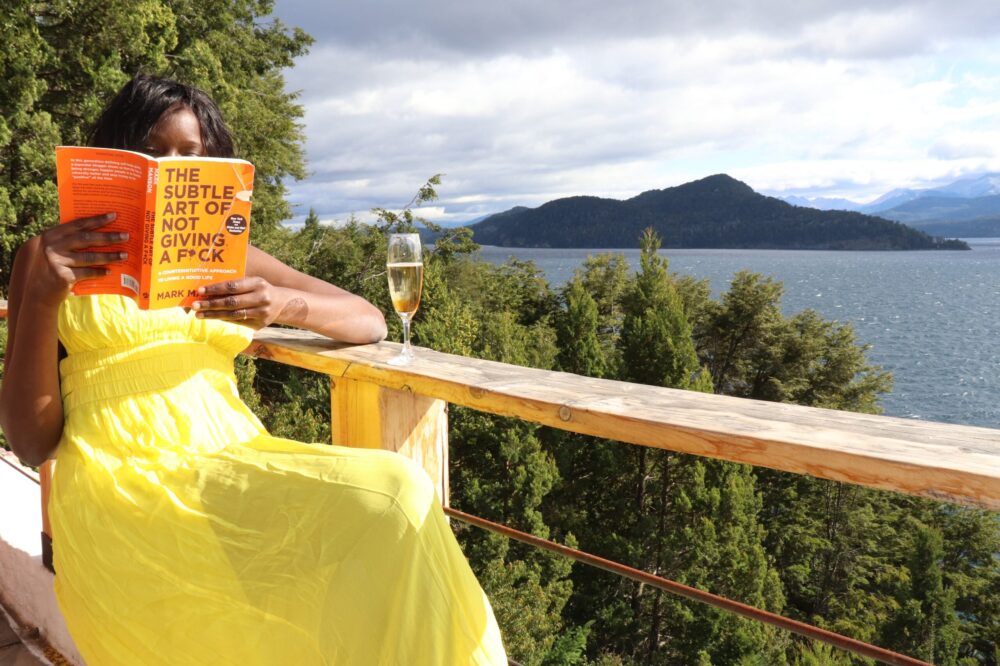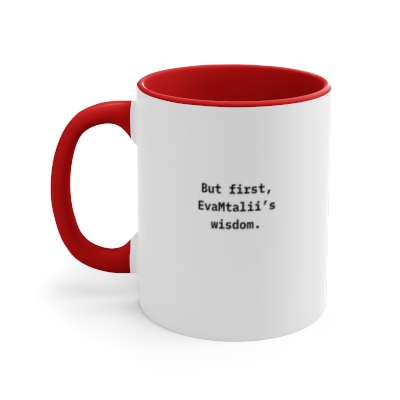As coronavirus cases continue to multiply in Kenya, here are 5 actionable tips you can apply to protect your financial life.
It’s official: Uhunye has slapped curbs on Nairobi, Mombasa, Kilifi, and Kwale – the counties most affected by Covid in Kenya with Nairobi as the epicentre of the virus.
And here at EvaMtalii, we’re in agreement that its neither necessary nor advisable to ‘waste’ this crisis panicking.
Instead we’ll spend the extra time we now have in our hands prayed up and bettering ourselves.
Furthermore, there’s tons of information on how to protect ourselves from Ms Rona herself (think social distancing, washing hands for 20 seconds, self-quarantine, etc etc) but how do we prepare our financial lives in the event things go south?
I mean, there’s so much beyond the increasing multiplication of the Corona cases, but so many businesses are going under, people are are being put on compulsory leave, others are going with salary cuts, while many more are losing their jobs.
And any of the above scenarios could befall even the best of us hence why I felt the burden to write this post.
However, even in the fortunate event that the above ills don’t befall us (If you’re a believer, take a moment and claim Psalms 91:7 and Psalms 89:34 upon your life and that of your loved ones); these tips will come in handy the next time financial uncertainty rears its ugly head.
What's Covered in This Article
Avoid excessive panic buying
With rumors of total lockdown flying all around the internet streets, its reasonable to stock up on what you effectively need but don’t over do it.
Especially if you’re using debt to do so.
It’s not in my place to question what you do with your money but seriously, but in the unfortunate event there’s a lockdown would you seriously use anywhere near 57 bottles of Dettol?

Boost / Start your emergency fund
Economists suggest that you need to have three to six months’ worth of your expenditure in an emergency fund that is readily accessible, such as on M-Shwari Lock account, KCB-Mpesa, a savings account in a bank, etc.
While this is certainly a great suggestion to shield one against any unexpected loss of a regular source of income, the reality is that the majority of Kenyans don’t have anywhere near that amount.
Most Kenyans are literally one paycheque away from poverty and barely unable to save as little as KES100 from their monthly income due to issues such as spending beyond one’s means aka competing with the Johns’, financial setbacks such as illness, over-indebtedness, unemployment (about 40 percent ), etc.
The easy access to mobile loan platforms also continues to a consumption and gambling culture, at the expense of savings.
According to a 2019 FinAccess study, published in partnership with the Kenya National Bureau of Statistics (KNBS) and the Central Bank of Kenya, two-thirds of families access credit for meeting day-to-day needs and to survive.
But challenging times like these are when emergency funds come handy should any unexpected termination of an income source arise.
In spite of all the challenges, our premise for saving should be more to do with the future than with one’s income. Having your mind focused on saving rather than the many hurdles standing on your way makes saving more achievable, however little.
So If you don’t currently have an emergency fund, there couldn’t be a greater time than now to start building yours up.
By foregoing some luxuries and then leveraging platforms such as M-Shwari, one can securely save as little as KES 100 at a time which all adds up in the long run and is certainly better than none at all.
You could also take advantage of any unexpected increases in your earnings to either start or boost your emergency fund.
In my case for instance I’ve made a decision to add to my emergency fund the little extra money I will be earning due to the reduction of income tax by the government in response to Covid.
Find opportunities to cut expenses
My preferred method for tackling this is accounting for all my expenditures item by item then candidly determining which of the items is a want (ordering KFC or Dominos) and which one is a need (cooking a healthy meal at home).
If you and your family are all currently learning/working from home for instance, I think its cheaper for you to self-quarantine and for instance instead of using expensive sanitizers, just wash your hands with jogoo bar soap and apply arimis ng’ombe on your hands.
Kidding :).
But you catch the drift.
Concerning other expenses such as housing, if the worst comes to the worst, consider downsizing to a cheaper house or location.
Create additional income streams
You’re probably wondering if this is even an option with all this Ms Rona drama and the push towards social distancing and avoidance of unnecessary exposure to the public.
Yes it is and the options are endless.
Check out this post here whereby I have outlined several ethical business money making opportunities available as a result of covid-19.
This other post covers many ways to make money online without leaving home.
Every cloud has a silver lining they said.
Watch out for scammers
Before the pandemic, our brothers from Kamiti were already trying to take advantage of us.
With this crisis, you can be sure that they and their fellow scammers from around the world are working overtime.
With millions of people working remotely, even the hackers are on overdrive while it lasts. Watch out especially for e-mail requests to click on a given link to access whatever.
They will also be luring unsuspecting people with different donation demands, fake jobs at the UN WHO,
Fake jobs advert alert! pic.twitter.com/7AwU87s3eb
— WHO Kenya (@WHOKenya) April 2, 2020
and fake conferences in the name of finding a cure for Covid.
ION I have been selected to help save Africa from Corona 😩 Coronaaaaa umetuchosha🤦🏾♀️ pic.twitter.com/ojvFI5KgrL
— Kambua (@Kambua) April 2, 2020
Look out for any government assistance programs available to you
Follow government announcements and other developments either online or through news broadcasts for any state interventions to cushion Kenyans against economic effects of the #COVID19 pandemic #COVID19Kenya.
As at the writing of this post for instance the government of Kenya has promises a stimulus package for artists, KES 10B for elderly, orphans and the vulnerable, temporary suspension to listing of SMEs on CRB, recruitment 5,000 additional health workers, etc.

Well, that’s it for today. Share with us in the comments below what you’re doing to protect yourself financial during this pandemic.



